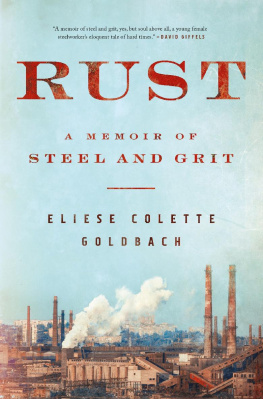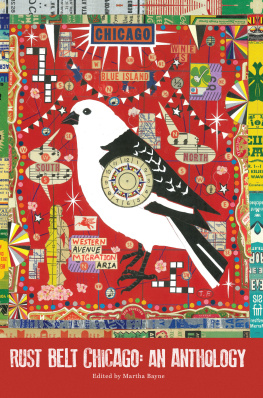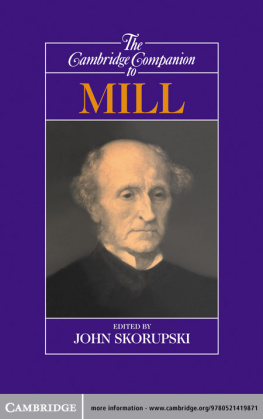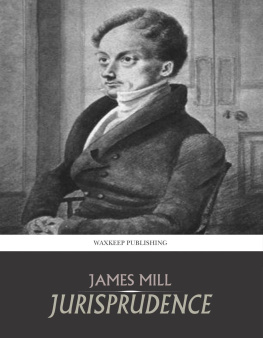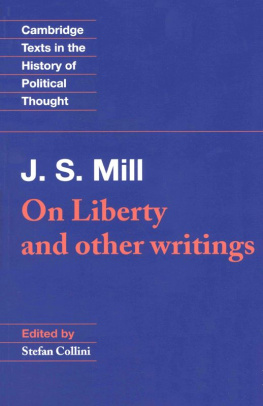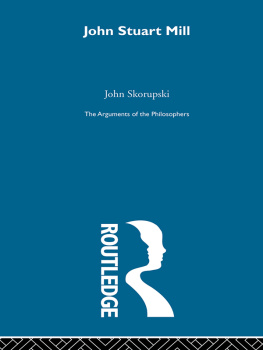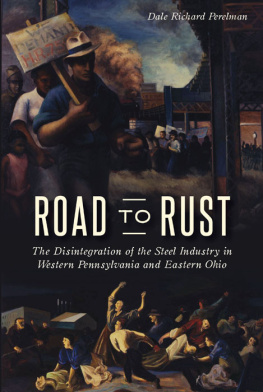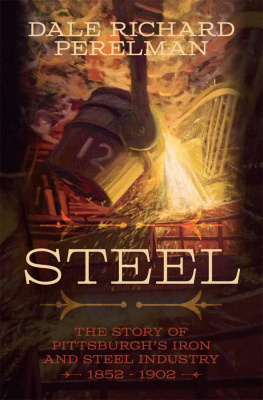
Thank you for buying this
Flatiron Books ebook.
To receive special offers, bonus content,
and info on new releases and other great reads,
sign up for our newsletters.

Or visit us online at
us.macmillan.com/newslettersignup
For email updates on the author, click here .
The author and publisher have provided this e-book to you for your personal use only. You may not make this e-book publicly available in any way. Copyright infringement is against the law. If you believe the copy of this e-book you are reading infringes on the authors copyright, please notify the publisher at: us.macmillanusa.com/piracy .
For my parents
Steel is the only thing that shines in the belly of the mill. The walkways, which were once the color of jade, have dulled to a sickly, ashen green. The cranes, once yellow, have browned with grime. Dust settles on everythingon walls and fingers, on forklifts and lunches, on train cars and coat jackets. Even the workers, who lumber through their long shifts, seem to be collecting dust.
I am one such worker. To the company, Im known as #6691: Utility Worker . 6691 is a number given to new hires. Greenies. Fresh meat. When I first landed a job in the mill, one of the older employees congratulated me.
You won the lottery, he said. Youre gonna make a lot of money. The man paused. He thought for a moment. He let out a long tapered breath.
Just be careful, he said. These machines will eat you up.
On most days, the mill looks like a nightmare. A tall chimney shoots an orange flame into the early-morning air. Smokestacks let out clouds of white steam. Train tracks divide the drained and dreary earth, and the brown water of the Cuyahoga River slogs toward the mouth of Lake Erie. Many of the buildings, which are covered in rust and soot, have taken on the blackish-red color of congealed blood. Inside those buildings, furnaces blaze and machinery churns and cranes screech under the weight of their loads. Inside those buildings, iron turns to steel. Billows of bright gas leap atop molten metal as its poured into ladles standing upward of thirty feet tall. This leaping gas, which looks orange in the metals glow, licks and whips in a devils dance. Every inch of the mill is a screaming reminder: This is the kind of place that will kill you. This is the kind of place where people have died.
On one of my first afternoons in the mill, an old-timer told me a story about a woman hed known. Like me, the woman was a Utility Worker. Like me, she probably felt grateful for her job in the mill.
One day, the woman set her gloves on a steel table near a conveyor belt. It wasnt anything out of the ordinary. Everyone set their gloves on that same table. The conveyor belt chugged along, loaded with steel cylinders that weighed twenty or thirty tons. On that particular day, the cylinders on the conveyor belt had been heavily coated in oil. The steel was particularly slick, and the conveyor belt tended to shudder when it moved. Just as the woman reached for her gloves, one of the cylinders slipped from the conveyor belt and pinned her body against the steel table.
Imagine it, the old-timer said to me. The weight of that steel. It just split her in half.
I didnt know what to say. I imagined my own body being crushed.
She was still alive after it happened, the old-timer said. That was the worst part. She was still alive. Get it off me, she kept saying. Get it off me. Get it off me.
I looked down at my dirty hands. The grit of the mill seemed to bore its way into the creases on your palms. It got right down into your skin.
When they finally got that steel off her, the old-timer said, she died instantly.
The man paused and stared into empty air. He seemed to be looking at something very far away.
Her body, he said, her body just fell apart.
I wasnt supposed to be a steelworker. I wasnt supposed to spend my nights looking up at the bright lights on the blast furnace, which glimmered in the starless sky. I wasnt supposed to learn the language of the mill, telling men twice my age to swing the rolls or jog the mill or clear the line .
I attended an all-girls Catholic high school. I ran track. I played Beth in a school rendition of Little Women , and I was valedictorian of my graduating class.
The possibilities are endless , adults said to me when I was young. You can do whatever you want in this world!
Like a lot of kids who grow up in Cleveland, Ohio, I mostly wanted to leave.
In high school I often talked with my friends about our plans of future escape. We would travel far and wide to give ourselves culture. We would attend colleges in legitimate cities like San Francisco or Boston. The real world happened in other cities and other towns, and we wanted to build our lives somewhere anywhere but here.
As a native-born Clevelander, I had always viewed the mill as part of my landscape. It was a fixture, a backdrop, a given, much like the mountains of the Rockies or the cornfields of Iowa, and I can still remember driving past the rusty buildings on summer afternoons as a child. My father often took me on errands to pay bills or send packages or pick up groceries at the West Side Market, and we sometimes found ourselves near the orange flame that shot up from the mills furnace.
I loved every minute of these afternoons with my father. The most mundane task felt like a mission when I sat in the passenger seat of his station wagon, which was the color of flushed skin. Together, we were Timmy and Lassie, Sandy and Flipper, Batman and Robin. We were sidekicks, comrades, kindred souls cut from the same mold.
One afternoon, as the station wagon crept toward the mill in heavy traffic, my father raised his middle finger at all of the idiot drivers who didnt deserve to be on the road.
Learn how to merge, asshole, he said with a long honk of his horn.
I tried not to listen. The man who yelled at passing cars wasnt the father I usually knew. For the most part, he was a quiet, gentle man who indulged my every whim, but there was something about traffic jams that unhinged him. In those moments, it felt as if he were harboring another person inside. There was a contemptuous spirit lurking below his skin, and the slightest injustice had the power to release it into the world.
I cringed at every middle finger my father flicked into the air, but I fought the urge to sink into my seat and disappear. If I disappeared, then I wouldnt be his sidekick, so I did the only thing that made me feel more comfortable. Copying my father, I scowled at the other drivers on the road, but the traffic didnt ease despite our frustrations. With a sigh, he turned up the car radio, which was tuned to a fuzzy AM station. Rush Limbaugh was talking about all of the bad things Democrats were doing in America. I was too young to know much about the world, but I was drawn to Limbaughs energy. He had conviction and charisma, like a preacher struck by the spirit, and I wanted to believe the things he said, even if I didnt understand them.
At the very least, I grasped the crux of Limbaughs message: Being a Republican was good, and being a Democrat was not. My family believed some version of the same, except we added a heavy dose of religion into the mix. We were Republicans because God wanted us to be Republicans. Satan had corrupted the Democrats by tricking them into the sins of abortion, homosexuality, and, worst of all, feminism. Now the Democrats were trying to destroy everything that was good and moral in American society, and it was our job as Republicans to oppose them.
Next page
